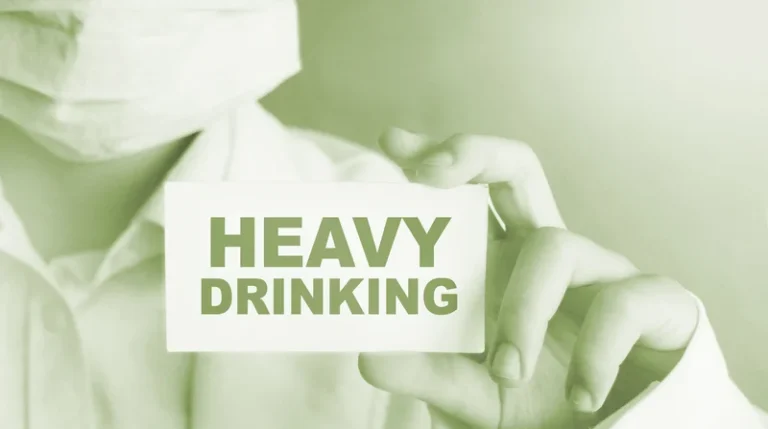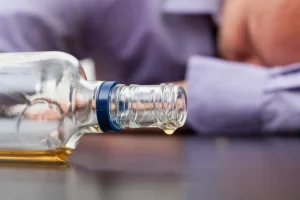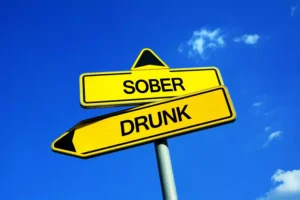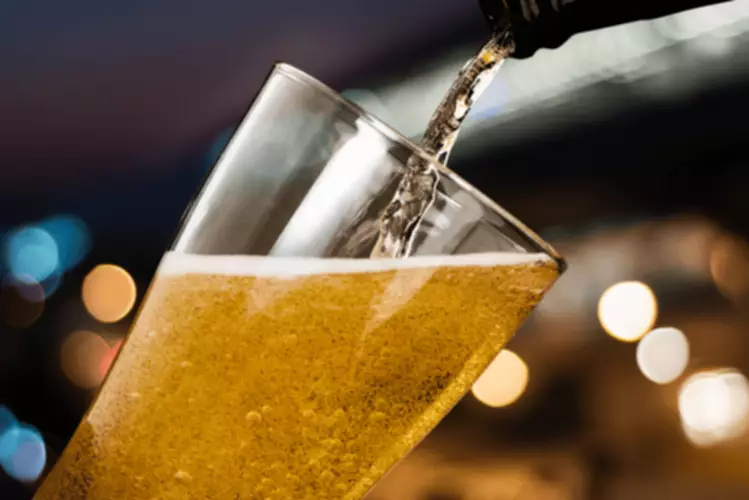
By recognizing the signs and taking proactive steps, it’s possible to lift the fog and improve your cognitive function. If not addressed, alcohol brain fog can lead to more severe cognitive impairments over time. We’ve all heard the term “brain fog” thrown around, but when it comes to alcohol, this fog can become a lingering haze that disrupts your life. Understanding what alcohol brain fog is, its causes, and how to overcome it is crucial for anyone grappling with alcohol-related issues.

Mild Symptoms
- Additional tips include listening to music, practicing mindfulness exercises, and focusing on the positive as much as possible.
- High stress levels can cloud your mind, making it difficult to focus and think clearly.
- Most people find that they are thinking much better within the first week, and their ability to make decisions and remember information only continues to improve as they make progress in their recovery.
Since alcohol disrupts dopamine production and usage, drinking can lead to either an exacerbation in symptoms or the development of mood disorders. Also, thinking takes much more effort than we realize, with our brains using about 20% of our total calories consumed. If you’re not eating well and getting enough nutrition for your body and brain, you’re going to have a much harder time concentrating and feeling inspired or rewarded. No matter how much you drink, adding whole nutrient-dense foods to your diet is going to help your body and brain work better.
What Does Alcohol Do to Your Body?

Severe alcohol overdoses may cause permanent brain damage even if the person survives. This CME/CE credit opportunity is jointly provided by the Postgraduate Institute for Medicine and NIAAA. We then describe evidence-based treatments you can recommend to patients to help the brain, and the patient as a whole, to recover. Alcohol increases the effects of gamma-aminobutyric acid (GABA), for example. This causes sluggish movement, slurred speech, and slow reaction time when you are drunk. Alcohol also decreases the effects of glutamate, which regulates dopamine in your brain’s reward center.
What Causes Alcohol Withdrawal Symptoms?
Brain alterations often occur in people who start drinking when they are very young. Brain fog and long-term alcohol misuse can increase vulnerability to mental health disorders such as anxiety and depression. The impact of alcohol on neurotransmitters and brain chemistry can disrupt mood regulation and contribute to the development or worsening of these conditions. Brain fog is a term used to describe cognitive difficulties, such as trouble with focus, memory, and thinking.

- This is because sleep disorders can disrupt the quality and quantity of sleep, which can lead to fatigue and difficulty thinking clearly.
- This initial phase of sobriety can be invigorating and is often referred to as the “pink cloud”—a period that feels a little like you’ve found a unicorn.
- This is because a healthy diet can help to improve your brain health and overall well-being.
- Aim for at least eight hours of sleep each night, and try to stick to a regular sleep schedule as much as possible.
- Taking proper steps to treat these issues can help minimize its duration.
- Yes, brain fog is a common symptom of alcohol withdrawal and may continue for a while afterwards.
This is because a healthy diet can help to improve your brain health and overall well-being. The symptoms of brain fog from alcohol can vary depending on the individual. This is because chronic stress can lead to adrenal fatigue, which can cause symptoms like forgetfulness, poor concentration, and irritability. For those with alcohol use disorder, withdrawal is just the first (but very important) step on a long journey to recovery.
Getting enough sleep

If you don’t already have a supportive network, you can make new connections by joining social media communities dedicated to alcohol-free living. If you or someone you know shows signs of delirium tremens, go to the emergency room immediately. Give yourself a goal with little effort and a https://ecosoberhouse.com/ small reward, and see where it takes you. Soon enough, you’ll be reaching for even bigger goals that offer huge rewards. Goal chasing can also be addicting, and it’s a science you can use to your advantage. Following a list of tips isn’t easy, especially if you try to do them all at once.
Alcohol Brain Fog: How to Start Healing Your Brain
Moderate alcohol consumption is the best strategy for reducing the risk of alcohol-related brain damage. People who binge drink, drink to the point of poor judgment, or deliberately become drunk many times each month have a much higher risk of alcohol-related brain damage. The effects of alcohol on the brain vary depending on the dose and on individual factors, such as overall health. In general, the more alcohol a person drinks, the more likely it becomes that alcohol will damage the brain — both in the short and long term. This complication of long-term heavy drinking causes scarring of the liver. Scar tissue impairs the liver’s ability to create proteins, filter the blood, and other bodily functions.
- Recovering from alcohol-induced brain fog requires time, patience, and support.
- Given alcohol’s short- and long-term effects on the brain, it’s perhaps unsurprising to learn that we can get that lethargic, dull mental state we refer to as brain fog after drinking.
- This organ is responsible for filtering toxins from the blood and converting nutrients into energy.
- 47% of COVID-19 patients who have prolonged symptoms experience brain fog.
If you are struggling with brain fog during or after alcohol detox, seeking professional help is essential. That misty cloud obstructing your mental clarity is known as alcohol-induced brain fog, a common yet overlooked symptom of alcohol withdrawal. But how does this fog form and, more importantly, how long does brain fog last after quitting alcohol?

What factors influence brain fog recovery time?
A study published in 2021 found that heavy drinking may lead to loss of brain volume. The researchers noted that people with alcohol use disorder (AUD) had less brain matter than others. The affected brain regions controlled skills like attention, language, memory, and reasoning. Alcohol can, therefore, lead to worse memory and impaired alcohol brain fog judgments, among other changes. Making lifestyle changes such as getting enough sleep, eating a balanced diet, and exercising regularly can help reduce the severity of brain fog and speed up recovery time. Severe alcohol abuse can even result in smaller and lighter brains – a worrying consequence that we must be aware of.